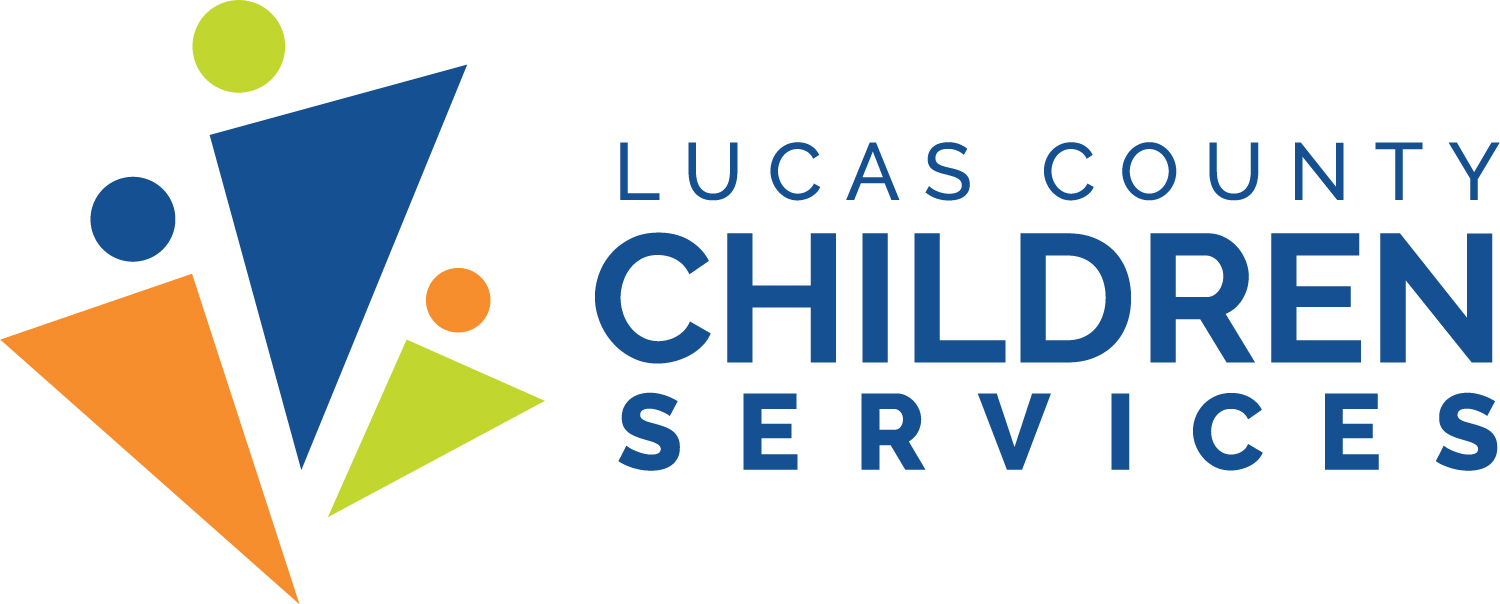The children awaiting adoption have been placed in LCCS’ permanent custody, meaning that the court has terminated the biological family’s parental rights, making the children available for adoption. Many of them are older, have special needs, or are part of a sibling group.
LCCS recruits adoptive parents from diverse backgrounds to meet the needs of the children awaiting new families. Adoptive parents can be married, single, or partnered; must have sufficient income to meet his/her/their own needs; must complete the pre-service training program; and must be approved through the home study process. All caretaking adults in the household must participate in the home study process.
If you are adopting a child with special needs through LCCS, most related costs (attorney, court, medical, and other fees) can be reimbursed to you through Non-Recurring Adoption Expenses. If you are adopting a child not characterized as having special needs, you will be responsible for these costs.
Once you are approved for adoption and a child has been placed into your home, the child must live with you for a minimum of six months before the adoption can be finalized.
Children being placed for adoption can be placed with prospective families that have an approved adoptive home study. Out of state applicants must comply with the rules of the Interstate Compact for the Placement of Children (ICPC).
Applicants with five or more children living in the home, including foster children, children in kinship care, or biological children; or if the prospective adoptive child will bring the number of children in the home to five, must have their adoption assessor complete the “JFS 1530 Multiple Children/Large Family Assessment” form.
Prospective families for the child are identified based on their ability to meet the child’s best interest and special needs on a lifelong basis.
Criteria for matching adoptive parents to available children include, but are not limited to:
- Length of time between placements
- Considerations of placing siblings together
- Preferences to placing with relatives or foster caregivers.
Adult relatives of the child who have expressed an interest are given priority consideration, provided the caregiver meets all child protection and home study standards. Foster parents are also given priority consideration when relatives are not available to meet the child’s best interests or special needs. The period of time that the child has spent in the foster home counts toward the time period that the child must live in the household prior to adoption finalization. Finally, children may also be matched with prospective families submitting approved home studies from Ohio or any other state.
If a waiting child is of Native American heritage, priority for adoptive placement is given to the child’s tribe or another Native American family. LCCS complies with all aspects of the Indian Child Welfare Act of 1978 (ICWA) when making decisions or placing Native American children.
The Multi-ethnic Placement Act/Inter-Ethnic Placement Amendments (MEPA) of 1994 prohibits discrimination in placing children for adoption and from denying or delaying or otherwise discriminating in making placements on the basis of race, color, or national origin of a child or a prospective adoptive family, if the child placing agency receives federal funding. Similarly, federally funded agencies and sub-recipients may not deny or delay the opportunity for any person to become an adoptive or foster parent on the basis of race, color, or national origin. Failure to comply with MEPA can result in a loss of substantial federal funding for Ohio. To ensure statewide compliance with MEPA, adoption services staff work closely with Ohio Department of Job and Family Services’ Office of Legal Services, Bureau of Civil Rights, and the federal Office for Civil Rights, in the development of policy, training and the provision of technical assistance to foster care and adoption agencies.
